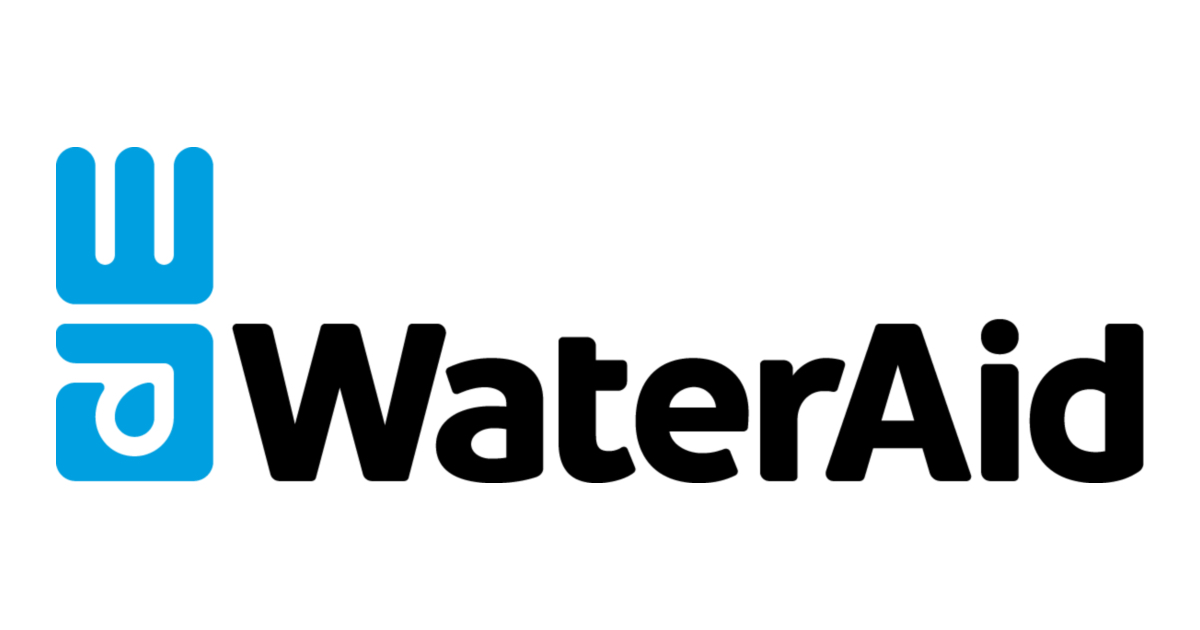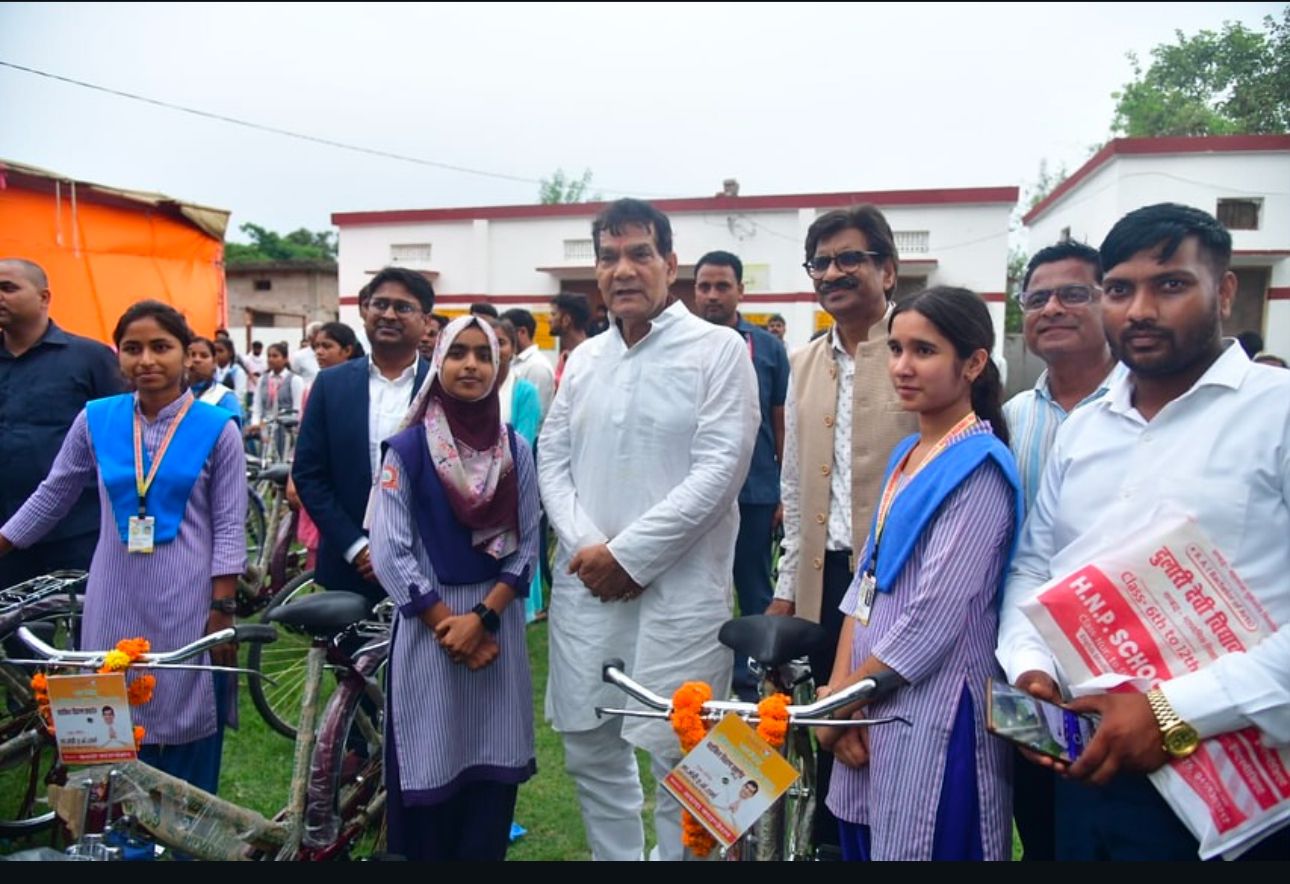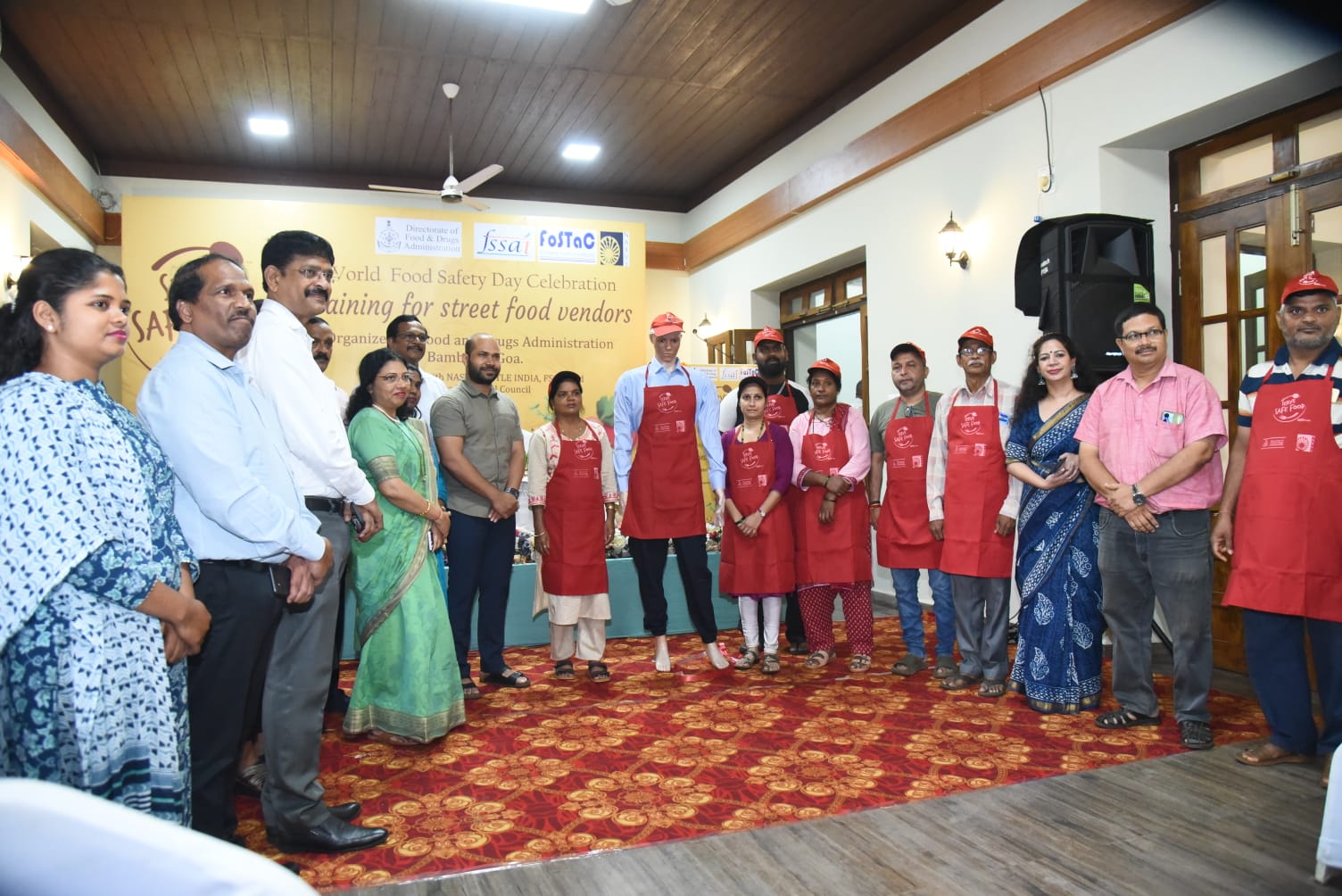Subscribe our Weekly Newsletter
RFP for the development of an Integrated Liquid Waste & Fecal Sludge Management Planning and Demonstration

Organization: Jal Seva Charitable Foundation (WaterAid India)
Apply By: 28 Jun 2025
RFP for the development of an Integrated Liquid Waste & Fecal Sludge Management Planning and Demonstration in Akbarnagar Nagar Panchayat, Bihar
About the Organization
Jal Seva Charitable Foundation (JSCF) is registered in India as a not-for-profit company under Chapter 8 of the Companies Act, 2013. JSCF, is an associate member of the WaterAid federation and uses the brand name ‘WaterAid’ in India.
WaterAid India seeks to improve the quality of life of 5,000,000 households – with a special emphasis on the vulnerable by 2029 through the provision of climate-resilient and sustainable WASH services via demonstration, institution strengthening, and the effective utilization of public resources. We work in rural and urban areas and seek to deepen our presence in states we operate in and to work in small towns. Thanks to our amazing supporters, we have reached millions of people with these three essentials – clean water, decent toilets, and good hygiene – enabling communities to unlock their potential to break free from the cycle of poverty and to change lives for good.
We will not stop. Not until clean water, decent toilets and good hygiene are a normal part of everyday life for everyone, everywhere.
WaterAid India’s (WAI) country office is based in New Delhi with State Offices in Bengaluru, Bhopal, Bhubaneswar, Hyderabad, Lucknow, Patna and Raipur. We currently have a presence in ten states in the country.
WAI’s Programme focus in the next five years is on ensuring access to safe and assured drinking water in the households, as well as safely managed sanitation at both the household and habitation level. Further, we seek to ensure that anganwadis, schools and health care facilities have adequate and appropriate water, sanitation and hygiene infrastructure. Finally, we seek to create integrated water and sanitation solutions in small towns. In all of these efforts, ensuring the climate resilience of infrastructure and systems is critical. We seek to do this through demonstration and the provision of technical and knowledge support to governments at all levels who can facilitate adoption on scale. Implementation is primarily through our own field teams.
About the Proposal
Jal Seva Charitable Foundation (WaterAid India), under its Climate Resilient City initiative at Akbarnagar Town Panchayat (Bhagalpur, Bihar), invites proposals from professional and experienced agencies for the development of an Integrated Liquid Waste & Fecal Sludge Management Planning and Demonstration in Akbarnagar Nagar Panchayat, Bihar. The engagement will involve designing and demonstrating climate-resilient and inclusive model greywater management infrastructure in three selected wards through participatory planning, community mobilization, capacity building, and technical handholding. In addition, the assignment includes the development of a town-wide FSSM plan covering the entire jurisdiction of Akbarnagar and adjacent villages within a 5 km radius, alongside the operationalization of the ULB's desludging vehicles. The objective is to co-create scalable, decentralized solutions that strengthen institutional capacities, ensure safe and sustainable sanitation practices, and improve public health outcomes in the context of increasing climate vulnerabilities.
Purpose:
The purpose of this Request for Proposal (RFP) is to identify and onboard a professional and technically competent agency to work in close coordination with the Jal Seva Charitable Foundation (JSCF) and the Urban Local Body (ULB) of Akbarnagar in developing Integrated Liquid Waste & Fecal Sludge Management Planning and Demonstration in Akbarnagar Nagar Panchayat, Bihar. The selected agency will be responsible for conducting comprehensive assessments and facilitating participatory planning and design processes to create a context-specific and climate-resilient sanitation strategy. A key focus will be the development and demonstration of effective liquid waste management infrastructure in three selected wards, aiming to address water stagnation, environmental pollution, and public health risks through inclusive and sustainable designs. The assignment will also include formulating a comprehensive Fecal Sludge and Septage Management (FSSM) plan for the entire jurisdiction of Akbarnagar, including its surrounding villages within a 5 km radius, ensuring alignment with national sanitation protocols. In addition, the agency will play a pivotal role in strengthening the institutional capacities of the ULB by building staff competencies, streamlining service operations, and demonstrating the effective utilization of desludging vehicles. The overall intent is to promote sustainable reuse, safe disposal practices, and community-led sanitation outcomes by integrating robust infrastructure development with behavior change communication, environmental awareness, and inclusive community engagement.
Aim:
This initiative aims to build a replicable and scalable model of the Integrated Sanitation Plan in small towns that aligns with National Missions such as AMRUT, SBM 2.0, and Mukhyamantri Shahri Peyjal Nishchay Yojana. Specifically, the aim is to enable Akbarnagar Town Panchayat to:
- Implement efficient, end-to-end LWM solutions tailored to local geoclimatic, socio-economic conditions and ensure inclusivity
- Plan and implement a town-wide FSSM system that is inclusive, low-cost, decentralized, and climate-resilient.
- Promote water circularity, minimize untreated discharges into the environment, and improve resilience against seasonal flooding.
- Leverage institutional systems, build capacities, and engage stakeholders in ways that prioritize the needs of vulnerable and marginalized groups, including women, children, transgenders, and persons with disabilities.
Objective:
- Conducting a comprehensive situational analysis to map current sanitation and drainage infrastructure, environmental risks, and service gaps.
- Developing three ward-level LWM plans, supported by detailed planning approach, technical drawings, costing, and implementation roadmaps with a methodology which is community driven and anchored in climate resilience and inclusivity
- Preparing a town-wide FSSM Plan inclusive of assessments of user interface, containment systems, proposing effective desludging service, treatment technologies, reuse strategies, and innovative financial models. This shall include toilet retrofitting and construction of new toilets based on the detailed assessments.
- Demonstrating decentralized GWM infrastructure, prioritizing at household level and wherever necessary, cluster level and community level structures shall be proposed
- Operationalizing desludging vehicles with standard operating procedures (SOPs), and drafting sanitation byelaws for the ULB
- Institutionalizing a monitoring, reporting, and evaluation mechanism that allows for performance benchmarking
- Inclusion of community and groups especially women, transgenders, elderly and other vulnerable groups in the entire planning process at every stage
Scope of work:
The agency will work over 9-12 months and will deliver on two interlinked components:
- Liquid Waste Management Pilot in Selected 3 Wards
- Conduct a ward-wise assessment, including and thereby mapping the socio-economic profiling, population density, water usage, greywater discharge volumes, soil type, topography, and existing drains.
- Identify existing practices of grey and black water segregation or mixing, and the impact on the environment and health.
- Identify unregulated mixing of cattle waste with the grey water
- Facilitate community-level planning through Participatory Rural Appraisal (PRA), Focus Group Discussions (FGDs), and transect walks.
- Develop DPRs for 3 selected wards, including detailed engineering designs for individual household systems (e.g., soak pits), cluster-level systems (e.g., DEWATS), and community-level treatment (e.g., phytorid or wetland-based systems).
- Ensure integration of flood resilience (site elevation, slope, backflow prevention) and gender responsiveness (women-friendly design, involvement of SHGs).
- Construct model infrastructure as per approved plans and ensure O&M training and ownership by the ULB/community.
- Town-Wide Fecal Sludge and Septage Management Plan
- Conduct detailed household surveys and GIS mapping of containment structures, toilet types, sanitation service levels, and desludging frequencies.
- Extend the assessment to nearby villages (within 5 km) to integrate FSSM planning.
- Quantify fecal sludge and septage generation, identify and map transport routes, plan and promote safe disposal practices by drafting protocols, and propose innovative, climate-resilient treatment options.
- Develop FSSM DPR including:
- Ensure 100 % toilet coverage, but propose either retrofitting or the construction of new toilets based on the survey
- Ensuring Containment units pertaining to onsite FSSM are functional, if not, propose retrofitting along with ensuring effective O&M
- Ensuring containment units pertaining to off-site FSSM are functional, if not, propose retrofitting
- In case of Offsite FSSM, address the complete sanitation value chain, including Mechanisms for desludging; explore scope for treatment at co-treatment facility or a standalone FSTP; Handholding support to ULB to select appropriate location and layout of treatment sites (e.g., DEWATS, sludge drying beds); propose Financial and O&M models; and Strategy for integration with reusing biosolids and treated water reuse
- Prepare SOPs for vehicle deployment and prepare a phased implementation and handover strategy to the ULB.
- Prepare sanitation bylaws for the ULB
Project Deliverables:
- Inception Report detailing workplan including timelines, methodology, indicators, and stakeholder matrix
- Baseline Assessment and Diagnostic Report (LWM + FSSM) with GIS mapping.
- 3 Ward-level LWM DPRs with BOQs, CAD drawings, design briefs.
- FSSM Plan including treatment designs, projections, reuse models, and finance plans, desludging plan, sanitation byelaws
- SOPs for desludging operations, institutional protocols, bylaws (if applicable).
- IEC toolkit, BCC framework, and community training content.
- Digital dashboard (MS Excel or mobile-compatible tool) for ULB use.
- Final Handover Report including case studies, photo documentation, and replication roadmap.
Expected Outputs:
- Development and approval of ward- and town-level LWM and FSSM plans, respectively
- Demonstrated infrastructure in three wards with a climate-resilient and an inclusivity perspective by assuring volumetric benefit not less than 34,599 kl
- Capacity Building plan for ULB officials and women-led community institutions, masons, desludging operators, and other key stakeholders
- Regularized desludging operations and updated inventory of sanitation assets.
- Model for monitoring reuse, community feedback loops, and sustainable financing.
All the above reports are to be submitted as initial drafts to JSCF for review and comments before finalizing.
The agency can draw on public domain information to prepare the background. The agency must visit the proposed work location to prepare a well-defined proposal. While preparing the project plan, the agency is expected to provide an appropriate methodology for conducting assigned activities and a solution-driven process. Quantitative and qualitative methods are to be used to document the findings, including indicators for assessing impacts.
Eligibility
- Any entity duly registered under the Indian Law
- Should have prior expertise in the thematic area of the work
How to Apply
Interested agencies may submit a proposed plan as per their strengths and expertise. Proposals should also include a Gantt chart, a theory of change (ToC), a log frame with a comprehensive list of activities proposed in the scope of work, and a tentative timeline. Applicants are requested to share their proposals along with a duly filled-in Budget Costing Excel sheet as per the below-mentioned submission details and deadlines.
Budget:
The budget must be submitted in detail. Please provide a detailed breakdown of each line item and all subline-item costs with clear budget explanatory notes. Any taxes, including service tax, sales tax, value-added tax, or any other applicable tax, duty, cess, or levies, must be quoted separately from the price of goods and services. The terms of payment, along with a tentative timeline, must also be attached.
Payment schedule
The agency has to propose the payment schedule with a payment milestone table aligned with deliverables. (e.g. 20% after submission of inception report, 30% after baseline, 30% post-demonstration, 20% on final report). This would finalize after completion of selection process and would be finalized only after joint discussion with both parties.
Please submit proposals (Technical & Financials/Budget) by 28th June 2025 as per mail to: WAIProcurementBihar@wateraid.org
Please send in your submissions with Subject Line RFP Response for Integrated Liquid Waste & Fecal Sludge Management Planning and Demonstration in Akbarnagar Nagar Panchayat, Bihar_
Proposals received after the due date will be liable for rejection.
The proposal must include all the components mentioned above.
We will adhere to a strict activities-timeline. We encourage agencies to submit a proposal and deliver the said work, keeping the agreed-upon timelines.
For more information please check the Link
Join us for the 12th Edition of India CSR & ESG Summit 2025 | Register Now
Latest Online Store
Latest Grants
Latest News
© Renalysis Consultants Pvt Ltd



























